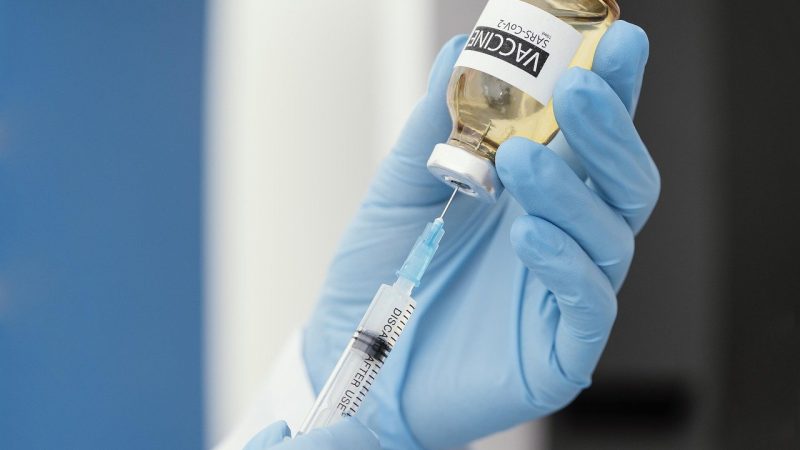The World Health Organisation has called for a moratorium on booster shots saying we are leaving millions of people without anything to protect them.

As Sajid Javid announces that a UK Covid vaccine booster scheme is likely to start next month, scientists have warned that third shots for people in rich countries will exacerbate health inequalities and increase variants.
The World Health Organisation (WHO) has called for a moratorium on booster shots until the end of September.
Around 87% of people over the age of 16 in the UK have received one dose of the vaccine, and 75% have received both.
Only 1.3% of people of all ages in low-income countries have received at least one dose. This is due to a lack of supply.
Dr Mike Ryan, the director of the WHO’s health emergency programme, said: “We’re planning to hand out extra life jackets to people who already have life jackets, while we’re leaving other people to drown without a single life jacket.
“The fundamental, ethical reality is we’re handing out second life jackets while leaving millions and millions of people without anything to protect them.”
The WHO have said there is not enough evidence to support a booster shot.
In a statement, they said: “The rationale for implementing booster doses should be guided by evidence on waning vaccine effectiveness, in particular a decline in protection against severe disease in the general population or in high risk populations, or due to a circulating VOC.
“To date, the evidence remains limited and inconclusive on any widespread need for booster doses following a primary vaccination series. WHO is carefully monitoring the situation and will continue to work closely with countries to obtain the data required for policy recommendations.”
Scientists also warned that booster shot schemes would prolong the pandemic.
Unvaccinated populations in low income countries, will lead to higher rates of infection, which in turn increases the chance of mutation and the emergence of a new variant.
The exact outcomes of a new variant are hard to predict, but it is likely vaccines will need to be adapted – and the pandemic will continue for longer.
Dr Tedros Adhanom Ghebreyesus, the director general of the WHO, said: “What is clear is that it’s critical to get first shots into arms and protect the most vulnerable before boosters are rolled out.
“The divide between the haves and have nots will only grow larger if manufacturers and leaders prioritise booster shots over supply to low- and middle-income countries.”
“Vaccine injustice is a shame on all humanity and if we don’t tackle it together, we will prolong the acute stage of this pandemic for years when it could be over in a matter of months.”
Tedros criticised Johnson & Johnson, who have reportedly shipped millions of doses of their vaccine to Europe, from South Africa where the vaccination rate is less than 2%.
He said: “We urge J&J to urgently prioritise distribution of their vaccines to Africa before considering supplies to rich countries that already have sufficient access.”
Alexandra Warren is a freelance journalist.
Left Foot Forward doesn't have the backing of big business or billionaires. We rely on the kind and generous support of ordinary people like you.
You can support hard-hitting journalism that holds the right to account, provides a forum for debate among progressives, and covers the stories the rest of the media ignore. Donate today.



